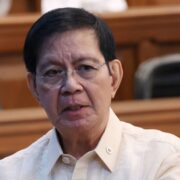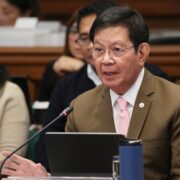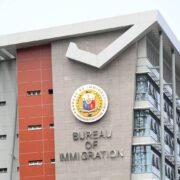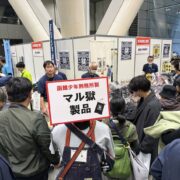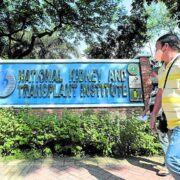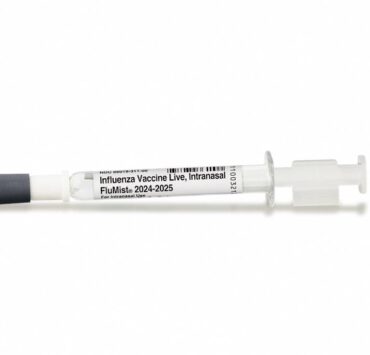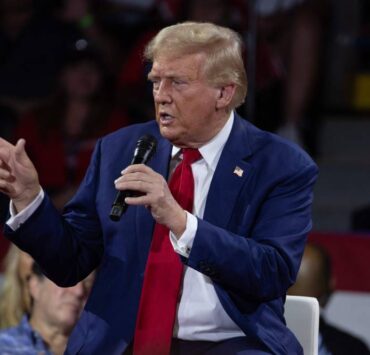Top Hezbollah commander killed in Israeli strike on Beirut
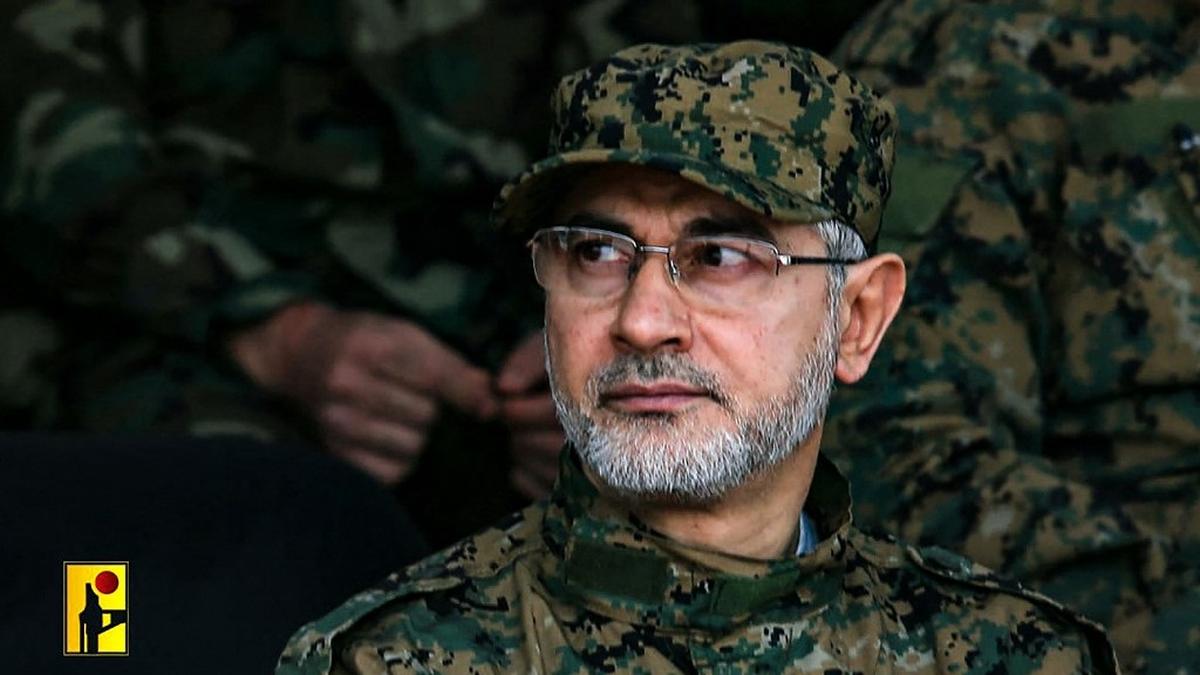
BEIRUT—Lebanon’s Hezbollah group said top commander Ibrahim Aqil had been killed by Israeli fire hours after Israel had claimed killing him in a strike on Beirut.
Hezbollah said Aqil, “one of its great leaders”, had been killed “on the road to Jerusalem”, the phrase it uses to refer to fighters killed by Israel.
Israel announced on Friday that it killed the commander of Hezbollah’s elite unit in a strike that Lebanese officials said left 14 dead and dozens wounded in the movement’s Beirut stronghold.
Aqil, who was wanted by the United States for involvement in the 1983 bombing of the US embassy in Beirut, headed the Iran-backed militant group’s Radwan Force.
AFP journalists at the scene said the blast left a massive crater and gutted the lower floors of a high-rise building in the Lebanese capital’s southern suburbs.
Rescue workers were still using heavy equipment to search the rubble hours after the strike, AFPTV footage showed.
Aqil’s killing was the second of a senior Hezbollah commander since the start of the war in Gaza. Another Israeli strike in Beirut in July killed Fuad Shukr, a top operations chief for the movement.
It also followed two waves of explosions, on Tuesday and Wednesday, of communication devices used by Hezbollah members, which Hezbollah blamed on Israel.
Shift northwards
Those blasts killed dozens and left Hezbollah reeling while dramatically shifting the focus of the Israel-Hamas war northwards.
Stephane Dujarric, spokesman for UN secretary-general Antonio Guterres, said they were “of course, very concerned about the heightened escalation” and called for “maximum restraint” from all sides.
The Israeli military said it conducted a “targeted strike” to kill Aqil and which also killed around 10 other senior Radwan commanders.
A source close to Hezbollah said Aqil was “at a meeting with commanders” when he was killed.
Lebanon’s health ministry said the attack killed at least 14 people and wounded 66 more, but that it expected more bodies to be found.
“The Israeli air strike killed Radwan Force commander Ibrahim Aqil, its armed force’s second-in-command,” the source close to Hezbollah said.
The United States had offered a $7-million reward for information on Aqil, describing him as a “principal member” of another organization that claimed the 1983 embassy bombing, which killed 63 people.
Gaza war
Israeli troops and Hezbollah fighters have battled each other along the Israel-Lebanon border since Hamas Palestinian militants triggered the war in Gaza with their Oct. 7 attack.
The focus of Israel’s firepower for nearly a year has been on Gaza, but with Hamas much weakened, the focus of the war has moved to Israel’s northern border.
Defense minister Yoav Gallant said the countries’ “enemies” would find no refuge, “not even the Dahieh in Beirut,” a reference to the city’s southern suburbs.
Israeli military spokesperson rear Adm. Daniel Hagari said after the strike that Israel was “not aiming for a broad escalation in the region.”
Hamas, however called it a “brutal and terrorist aggression” and an “escalation.”
Exploding pagers
Iran’s foreign ministry accused Israel of seeking to “broaden the geography of the war.”
Months of near-daily border clashes have killed hundreds in Lebanon, most of them fighters, and dozens in Israel, and forced tens of thousands on both sides to flee their homes.
The latest blow to Hezbollah came after thousands of Hezbollah operatives’ pagers and walkie-talkies exploded over two days, killing 37 people and wounding thousands more.
Hezbollah chief Hassan Nasrallah vowed on Thursday that Israel would face retribution for those blasts.
AFP is one of the world's three major news agencies, and the only European one. Its mission is to provide rapid, comprehensive, impartial and verified coverage of the news and issues that shape our daily lives.


